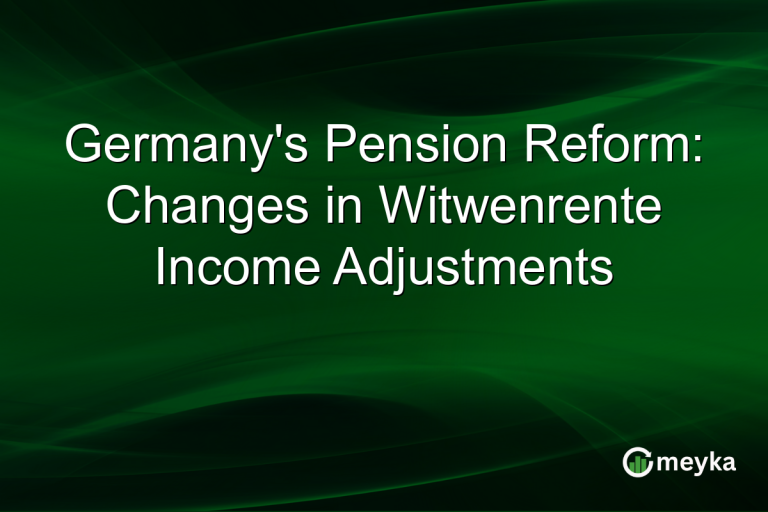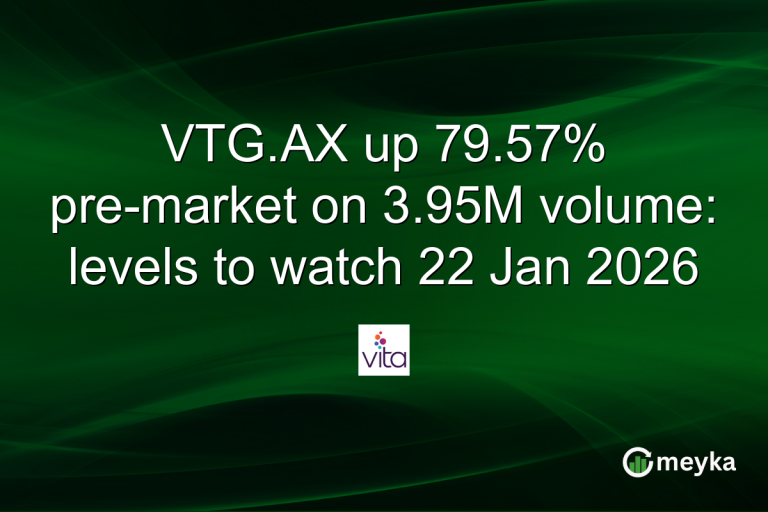Estonia’s Competitive Tax System Attracts Global Investments
Estonia’s tax system is making waves on the international stage for its simplicity and efficiency. Ranked first in the OECD by the Tax Foundation for the twelfth consecutive year, Estonia’s competitive tax policy is a beacon for global investments. This small but innovative nation offers an appealing environment for businesses, reflecting a seamless blend of modern governance and economic strategy.
Continue Reading on Meyka
This article is available in full on our main platform. Get access to complete analysis, stock insights, and more.
Read Full Article →





